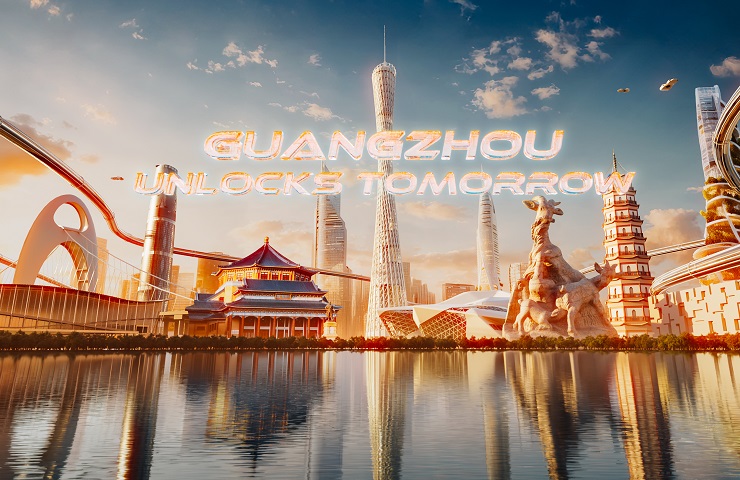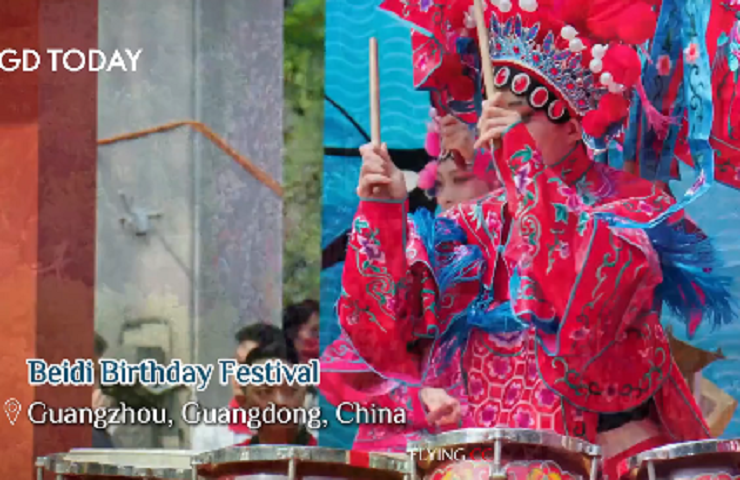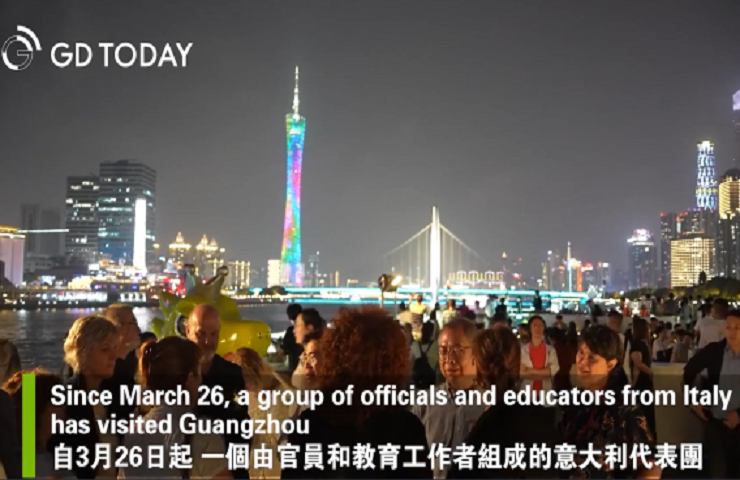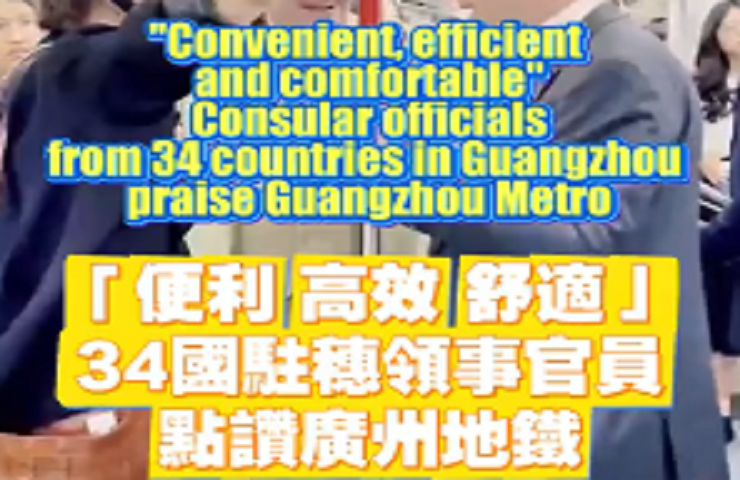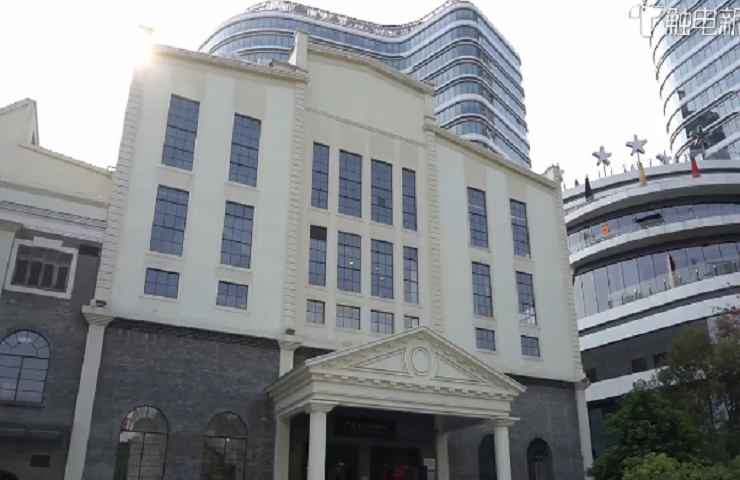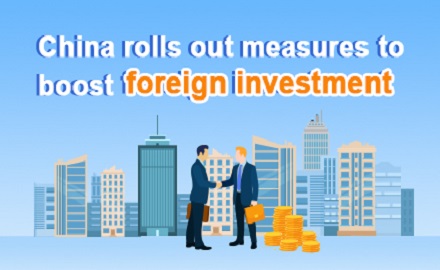FRIDAY, DECEMBER 8, 2017
8:00 AM–9:20 AM SMART MANUFACTURING AND THE INTERNET OF THINGS (OPTIONAL)
Around the world, factory floors and assembly lines are becoming highly automated, combining human ingenuity with data and technology to revolutionize product and productivity outcomes. As the notion of a "factory of the future" continues to evolve, how are companies incorporating "smart" and connected products into their manufacturing process? From sensors and robots to 3D printing and green technology, global companies are experimenting with a variety of methods to streamline, scale, and sustain their business. Here in China, manufacturers have been asked to deliver on the nation's "Made in China 2025" strategy and are aggressively pursuing their own strategies to become smarter, greener, and more efficient. As these changes take hold, what are the implications for those doing business in China and for supply chains worldwide? And how are companies redeploying and reeducating their workforces as traditional factory jobs become automated and the need for technically proficient talent increases?
Hosted by The City of Guangzhou
Börje Ekholm, President and CEO, Ericsson Group
Till Reuter, Chief Executive Officer, KUKA
Tony Tan, Partner, Shanghai Office, McKinsey & Company
Wang Wenyin, Chairman, Amer International Group
Shoei Yamana, President and CEO, Konica Minolta
Zhang Jing, Founder and Chairman, Cedar Holdings Group
Moderator: Adam Lashinsky, Fortune
8:30 AM–9:30 AM CONCURRENT SESSIONS
CHOOSE ONE OF FIVE
Future of Sports and Fitness in China
Worth US $225 billion in 2016, China's sports industry is expected to triple in value by 2025. From football, basketball, and tennis to hockey, cycling, and swimming, public support for sports activities—along with national policies that promote mass fitness—have created a new growth point for China's economy. Technology has brought millions of Chinese sports fans closer to global sports leagues and has surfaced an e-sports market worth almost $3 billion. Across the country, enthusiasm for personal fitness—buoyed by government policies focused on health and wellness—is taking hold. This enthusiasm and its influence on consumer spending represents a huge potential for global companies—from sponsorship deals to licensing, distribution, and branding. Hear from those at the forefront of China's push for sports and fitness along with those capitalizing on its fast-growing sports economy.
Angela Dong, General Manager, Nike Greater China; Vice President, Nike Inc.
Michael Ma, Chief Executive Officer, WME | IMG China
Guy Port, Managing Director, Asia, Nielsen Sports
Zhao Yan, Chairwoman, Bloomage International Investment Group
Moderator: Jaime FlorCruz, China Chairman, Fortune Global Forum
Beyond Borders: The Next Frontier in Global Ecommerce
The rapid growth of ecommerce has transformed the retail experience, moving consumers away from traditional brick-and-mortar stores to a global digital marketplace providing greater access to new products and better pricing. Cross-border buying and selling is also being fueled by a rapid rise in retail sales driven by social media. By 2020, China will become the world's largest market for selling products online, and global ecommerce sales are expected to double to some US $4 trillion. How can businesses guarantee consumer safety as more and more customers purchase foreign products online? How are retail brands and SME's using ecommerce technologies and best practices to grow their international presence and increase profits? What challenges lie ahead as ecommerce takes hold across Asia and other emerging markets?
Marc Lautenbach, President and CEO, Pitney Bowes
Vincent Qiu, Chief Executive Officer, Baozun
Karen Reddington, President, Asia Pacific Division, FedEx Express
Yang Haoyong, Chief Executive Officer, Cars Group; Founder, Guazi Used Car
Additional speakers to be announced
Moderator: Clay Chandler, Time Inc.
State-owned Enterprise in China: Progress and Prospects
China's state-owned enterprises (SOEs) have long been the backbone of the national economy. Over the past few years, these companies have undergone a series of reforms to diversify ownership, promote greater efficiency, and revive the pace of economic growth in China. Joint ventures with private Chinese companies and multinationals are being encouraged and strategies such as One Belt One Road bring more opportunities for global expansion and innovation. There are signs these reforms are paying off: in the first half of this year, Chinese SOEs reached a total income of US $2.2 trillion, and a year-by-year growth of over 24%. Experts and SOE leaders join us to share their insights on the progress of reforms and how SOEs will influence the global business landscape in the years to come.
Arthur Kroeber, Head of Research, Gavekal; Editor, China Economic Quarterly
Li Qingkui, Board Chairman, China Southern Power Grid
Yinbiao Shu, Chairman, State Grid Corporation of China
Xiang Bing, Dean, Cheung Kong Graduate School of Business
Xu Niansha, Chairman, China Poly Group Corporation
Moderator: Eunice Yoon, CNBC
Smart Money: Finding Investment Opportunities in China
At no point in China's history have global investors had as much access to the country's markets as they do today. From health care to retail, private funds, and beyond, what are the most lucrative investment opportunities in China and where should investors place their future bets? How are trends such as automation, an exploding middle class, and stable GDP growth changing the investment landscape? Join leading investors for a dialogue on the potential risks and rewards of investing in China.
Victor Chu, Chairman and CEO, Far Eastern Investment Group
Liu Qiuming, President, CMIG Capital
Yang Liu, Chairman, Atlantis Investment Management Group
Hans Tung, Managing Partner, GGV Capital
Wei Zhou, Founder and Founding Managing Partner, China Creation Ventures
Moderator: Nina Easton, Fortune
Green China: Designing Sustainable Urban Communities
As China moves toward creating more sustainable cities and transitioning to a low-carbon economy, green design and sustainable building practices are becoming more prominent and more paramount. Today, China is the world's largest green building market. From residential spaces and commercial hubs to retail complexes and parks, green design has contributed to cleaner environments and stronger, more vibrant communities. This session will bring together experts and executives at the forefront of China's push for greener and cleaner urbanization, with a focus on opportunities for global business in China's green building sector.
Li Junfeng, Former Director General, National Center for Climate Change Strategy and International Cooperation
David Manke, Vice President, International Government Relations, United Technologies
Kevin Mo, Managing Director, Paulson Institute Beijing Representative Office
Ye Qing, Chairman, Shenzhen Institute of Building Research
Jian Zhang, Partner and CEO, DGBK Architects
Moderator: Brian O’Keefe, Fortune
9:00 AM–11:30 AM GUANGZHOU BUSINESS TOURS (OPTIONAL)
Visit leading-edge business operations that are leveraging the power of Guangzhou's advanced infrastructure, creativity, and innovation hubs.
Departure point: Shangri-La Hotel Lobby
Tour 1: Drone and 3D Medical Printing Technologies
Tour includes stops at Medprin Regenerative Medical Technologies (MEDPRIN) and Guangzhou Ehang Intelligent Technology (EHANG). MEDPRIN is the first company in China to apply 3D bioprinting to the development of implantable medical devices and the delivery of precision medicine. EHANG, an intelligent aerial vehicles technology and service company, is the manufacturer of the "Ghostdrone" series of consumer drones as well as EHANG184, the "world's first safe, smart, and eco-friendly autonomous aerial vehicle." This visit will include drone demonstrations as well as an exclusive EHANG184 flight experience.
Tour 2: Internet and Creative Industries
Tour includes visits to the Pazhou Internet Innovation Cluster and the Guangzhou Painting and Sculpture Academies. Located in Haizhu district, Pazhou Internet Innovation Cluster (also known as Guangzhou's "Silicon Valley") is expected to generate US $15 billion revenue and create 80,000 jobs within the next five years. Over a dozen leading Chinese Internet and ecommerce companies have built their national or district headquarters here, including Alibaba, Fosun, Jinri Toutiao, Tencent, and Xiaomi. The last stop will be Guangzhou Painting and Sculpture Academies, where delegates will visit the studios, meet with artists, and enjoy the many distinctive works on display.
9:30 AM–9:45 AM SWITCH BREAK
9:45 AM–10:05 AM CONNECTING THE WORLD
Chinese telecommunications and cloud network company Huawei has an ambitious growth strategy that aims to connect the world by fusing platforms, connections, and ecosystems. How will R&D, AI, and good design help the company become global leader in harnessing the power of the Internet of Things?
10:05 AM–10:35 AM JOBS FOR THE 21ST CENTURY
Today's backlash against globalization could be just the beginning as emerging technologies radically reshape the workforce. Champions of the innovation revolution say it will create more jobs than it destroys; but nearly everyone agrees that along the way there will be unsettling mass disruption to work, incomes, and lives. How can global business leaders continue to create new jobs and build a "life script" that enables workers to reskill and evolve in fast-paced and always-changing workplaces?
10:35 AM–11:05 AM CONNECTED ECONOMY: PLATFORMS FOR GROWTH
From the gig economy to the sharing economy, digital platforms have brought mobile devices and "Internet of things" technology together as never before. For Chinese consumers, Internet platforms power all aspects of daily life, from social interactions to services and purchases. How are these new platforms upending established business models, blurring industry lines, and cultivating a new generation of consumers? What new platforms are on the horizon and where should investors place their bets?
11:05 AM–11:35 AM ENTERTAINING CHINA: ENGAGING NEW CONSUMERS
From film enthusiasts to gamers and theme park attendees, Chinese consumers represent a huge fan base and an even bigger disposable income. What can companies learn about the Chinese consumer via emerging trends in entertainment? How are companies reaching Chinese fans through integrated content—and what investments and joint ventures could we see in the future?
11:35 AM–12:00 PM SESSION TO BE ANNOUNCED
12:00 PM PROGRAM CLOSE
12:30 PM–4:30 PM VISIT TO NANSHA DISTRICT AND PILOT FREE TRADE ZONE (OPTIONAL)
Departure point: Shangri-La Hotel Lobby
An optional tour will be provided to Nansha, a southernmost district of Guangzhou. Nansha is part of the Guangdong Free Trade Zone and sits at the geographic center of the Pearl River Delta. Stops will include the Port of Nansha and the Pearl Bay Area, a core startup development that, when completed, will become an international central business district for the Pearl River Delta and surrounding areas. Delegates will also visit the Pearl Bay Development Exhibition Center and meet with Nansha Free Trade Zone leaders. (Lunch will be provided.)
Copyright © Foreign Affairs Office of Guangzhou Municipal Government,
Hong Kong and Macao Affairs Office of Guangzhou Municipal Government All rights reserved.
Presented by China Daily.
京ICP备13028878号-28





